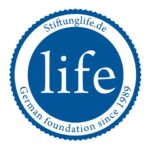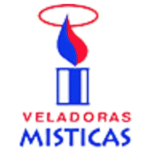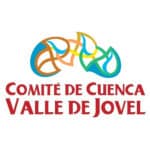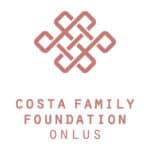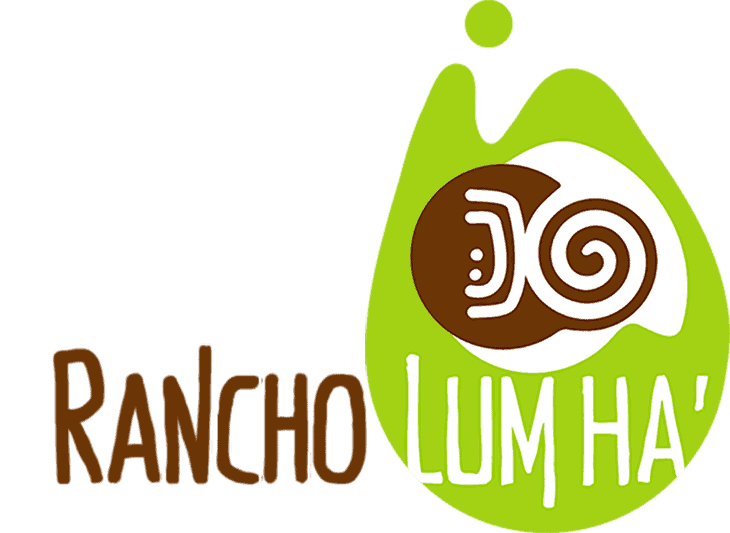
The human imagination has transformed the world. For better or for worse. All that we are —the beautiful and the terrible— has been driven by the unstoppable force that is our imagination.
We made fire. And with heat and light we created all that we are proud of: science, art, architecture, space exploration… But this transformative power has also brought us to this particular moment in history, where the way of life of the majority —of production and consumption— threatens our own survival and, perhaps, the survival of our planet, the home we share with another two million living species (only counting those that have been discovered).
In the best case scenario, the technology created by the human imagination will be, in reality, a victory. And not, as it seems now, an escape route. But if our imagination could bring us to this historic moment, so critical for our future, it can also be an imagination that helps us overcome it.
Many of the solutions already exist, and have existed for a long time. However, putting them into practice and creating the ones that are missing takes a very strong will. Because it means triumphing over political, social and economic inertias, vicious cycles that have kept us trapped as a species for a long time.
It is, after all, about bringing back the human dimension of life: in the economy, at work, in how we build happiness and, in general, in our own goals as a species. That is to say, in all that moves us to explore the world as truly human beings.
At Yonton Te, we believe that the solutions to the problems that plague our world can come about by changing our models for how we live in cities and how we produce food in our fields.
We have an idea that, as small as it may be right now, can produce scalable change, with a model that can be adjusted to any specific context.
It’s hard to believe in what we can’t see. Because of that, to test our idea and demonstrate that it is possible, we began to bring it to life in Chiapas five years ago. With a very strong will and a lot of imagination.
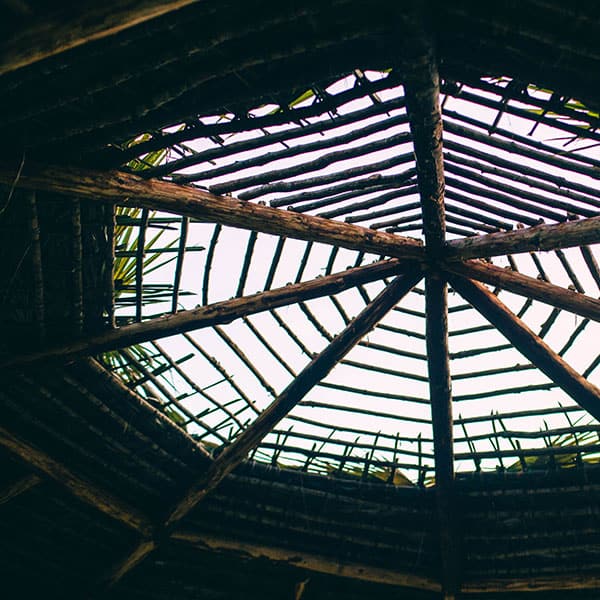
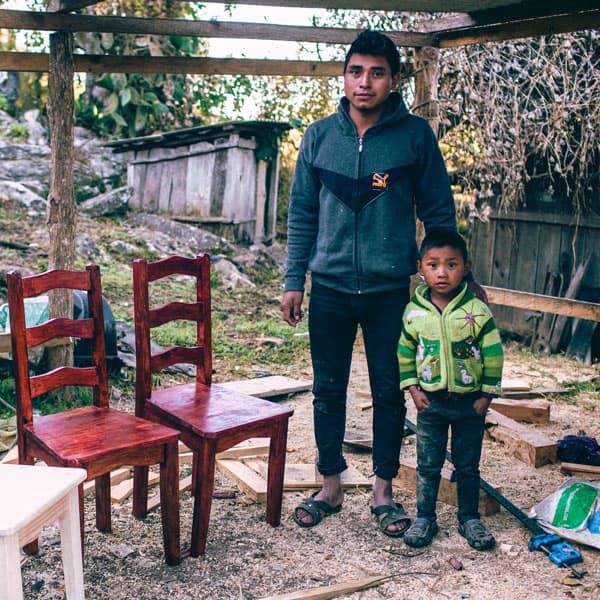
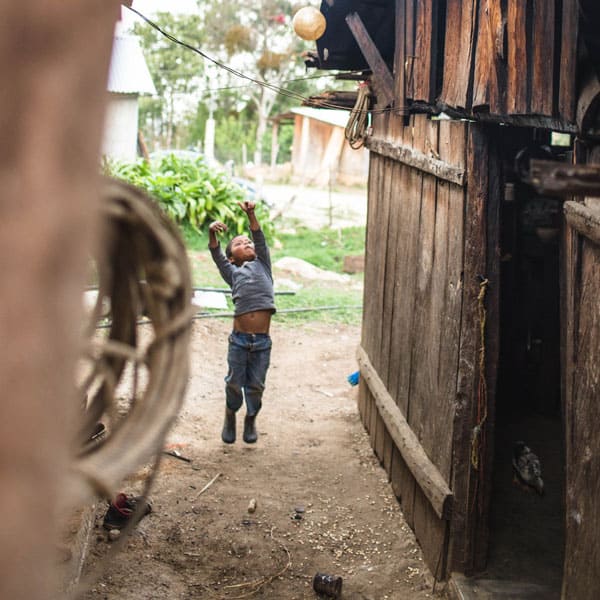
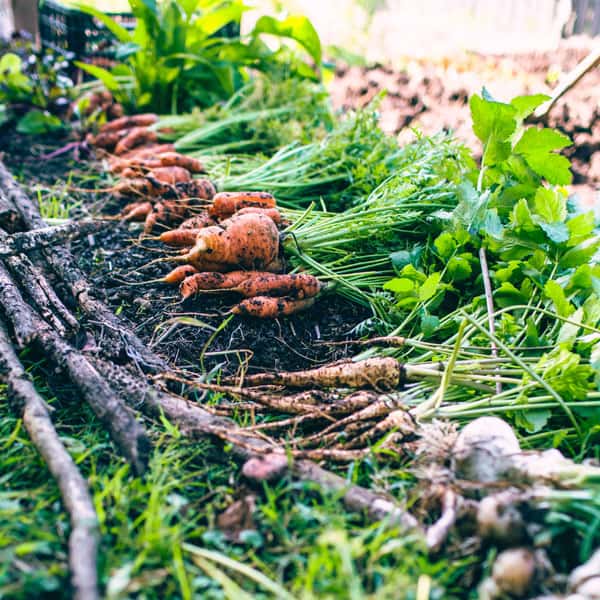
What is the Yonton Te Initiative?
Yonton Te means “heart of the tree” in Tsotsil, one of the indigenous languages in Chiapas, Mexico, where this project was born.
The Yonton Te Initiative is an agricultural and regenerative animal-raising project which promotes ecological and social development, respecting forests and the natural processes of animal and vegetable life.
Our goal is to demonstrate that human needs can be integrated into the rest of life on Earth, in harmonic coexistence with the environment. And moreover, that it is viable to do this at any scale, large or small.
We have been on this path for five years now. And what we have discovered has greatly surpassed our initial expectations.
People usually imagine that farm work is mechanical, hard and boring. It can be, in effect, when the techniques applied lose their human dimension, and become extensive industrial processes instead. Even worse: the wealth that this kind of work creates for just a few, means for others poverty and the destruction of the spaces where they live, and natural spaces in general.
In our case the opposite has been true. Now we attest to the fact that it would be impossible to take on the daily difficulties of farm work without the spirit of experimentation: trial and error. And it’s worth it. Because the effort has become a boundless source of creative energy and human fulfillment, not just for those of us directly involved, but also for nearby families and communities who approach us with curiosity and the interest to learn and share knowledge.
Gradually, this integration of work and peasant knowledge will allow us to build successful cooperatives that are competitive and economically viable. But also, and above all else, they will be human and in harmony with nature.
The space where all this takes place is in Chiapas, Mexico. It is called the Lum Ha’ demonstrative farm, a place of production, but also fundamentally a space for education. It’s goal is to inspire the nearly 5 thousand people who live in nearby communities, by example.
Our wish is to plant this seed and see it grow large, beautiful and strong in solidarity. Especially among the young people of these communities, offering educational activities and working in collaboration with schools.
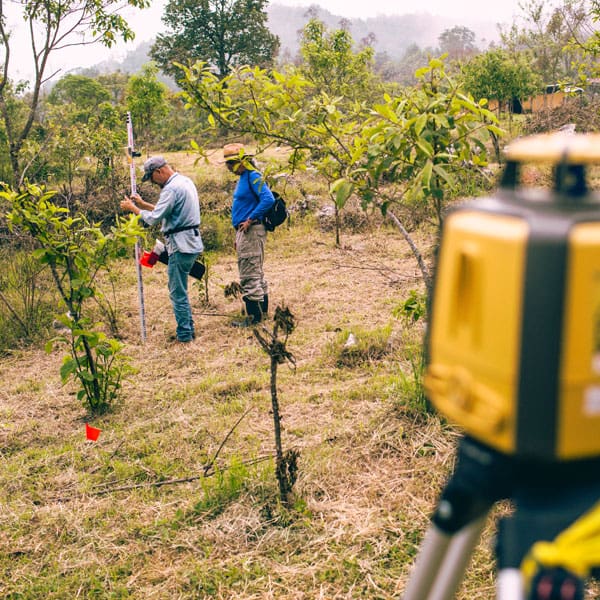
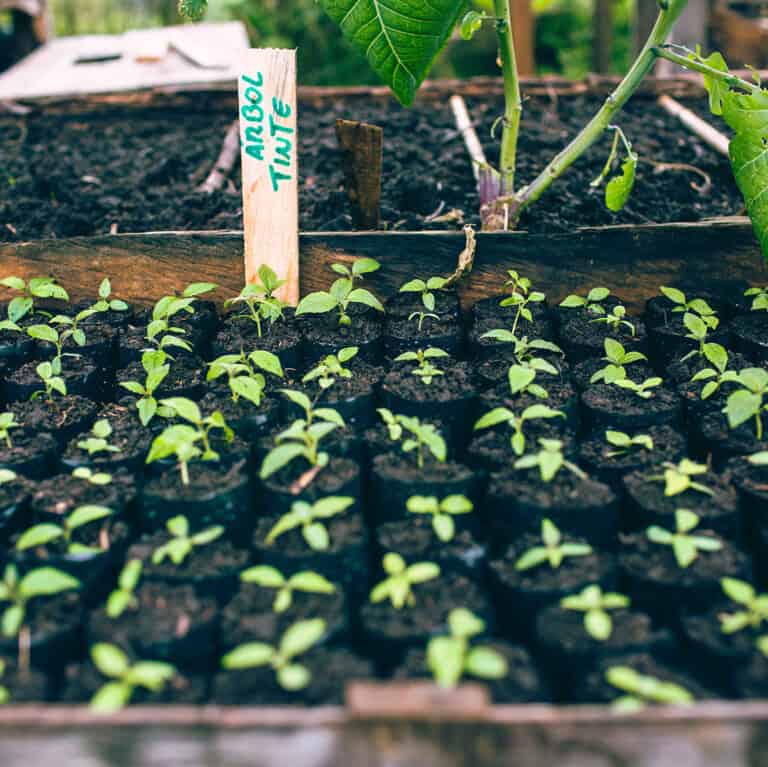
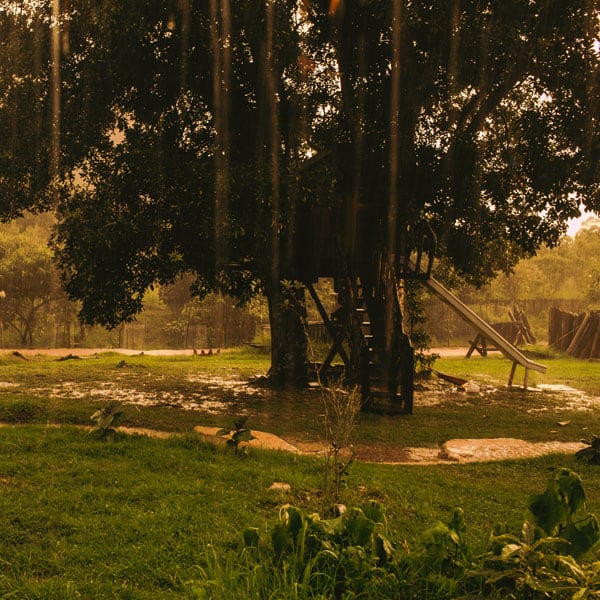
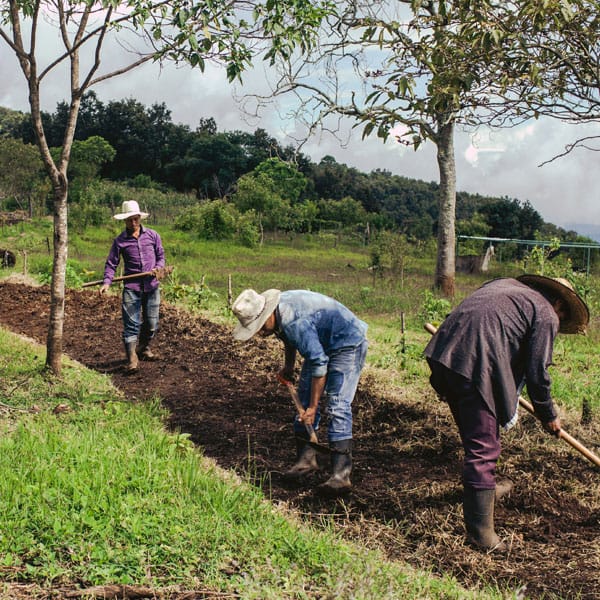
Why Chiapas?
Chiapas is one of the places in the world with the greatest biological diversity and wealth of natural resources. Paradoxically it is also one of the poorest states in Mexico. If the permaculture model that Yonton Te promotes is successful here —as it has been to this day—, undoubtedly it will inspire more nearby communities to train at the demonstrative farm, to grow together, and in this way improve their lives.
The region in Chiapas where Yonton Te and the demonstrative farm Lum Ha’ were born is a fog forest, which is also home to numerous endemic animal and vegetable species. Logging and mining are some of their biggest threats. Or more precisely, poverty. Because people here tend to recur to those activities out of need, rather than out of greed.
A mountain is destroyed in very little time, to sell rock material to the construction industry. A tree, between 50 and 100 years old, is felled to make a meager, but immediate, profit of around $1,500 pesos MXN (€60). Deforested land, moreover, is then used for a kind of agriculture that doesn’t meet the economic and food needs of people. And when the land is finally degraded by the use of chemical fertilizers, another piece of forest needs to be felled to start the cycle all over again. Poverty and destruction are, in this way, the consequence of a vicious cycle that feeds itself.
Of course it is possible to transform these conditions. But a strategy that addresses the medium- and long-terms is necessary. At Yonton Te we have one. It already exists. It has been at work for the past five years, with results that are here to see. But we can’t do it alone. We need you too.
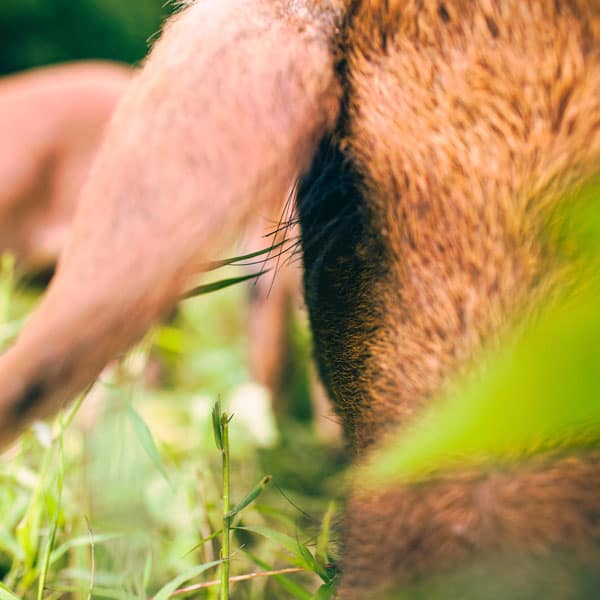
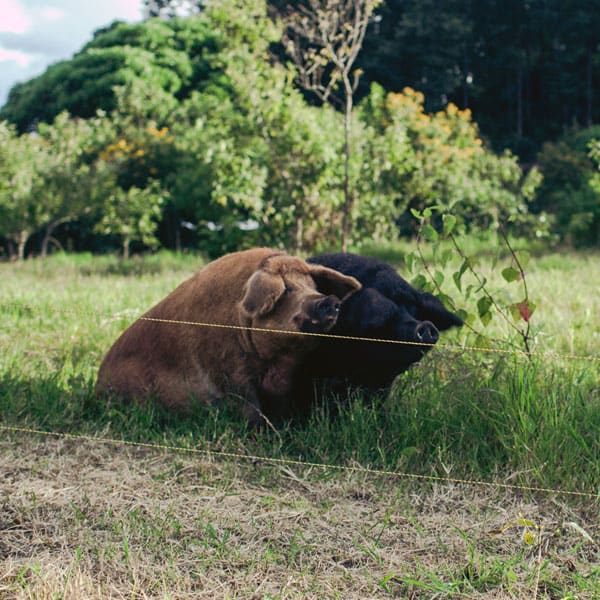
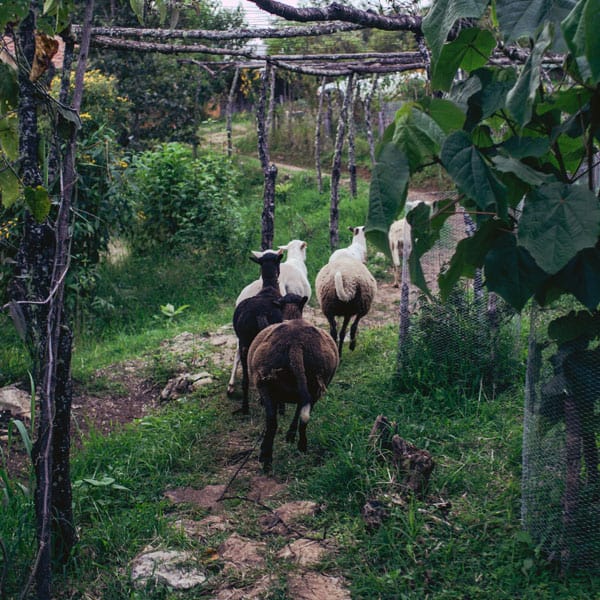
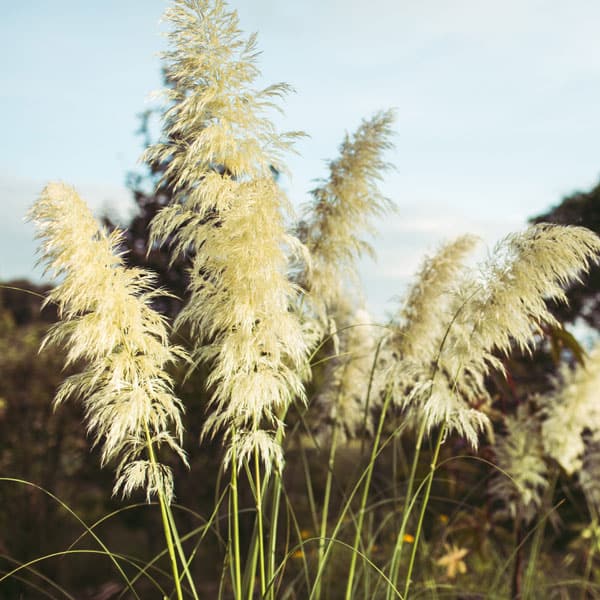
What do we need from you?
For the Lum Ha’ demonstrative farm to reach economic and operative self-sufficiency we need to invest in the following activities during the next two years:
- Development of the Keyline Design, a rainwater harvesting system of canals, ponds, paths and tree plantations
- Soil regeneration, through rotational pasture, wind barriers, cover crops, etc.
- Development of pasture farms, with different animal species (pigs, chickens, sheep).
- Development of polycultures, in an agroforestry environment.
- Development of organic horticulture, with a seed bank and seedbeds.
- Development of compost, manure and fertilizer projects at the farm and in surrounding areas.
- Bio-construction of the demonstrative farm infrastructure (processing center, carpentry/blacksmith workshop).
- Development of a tree nursery, with capacity for more than 50,000 trees per year.
- Planting of firewood plots, fruit orchards, forage banks and silvopasture.
- Bio-construction of wood-saving stoves and ‘dry’ bathrooms in the community.
Once all investments have been put into place and financing of the operation begins, our idea is for Lum Ha’ to become a legally recognized cooperative, of which all the active and founding employees will become members. From this moment forward, the Yonton Te Initiative, A.C. will focus on financing the diffusion and implementation of the model developed at Lum Ha’ on other communal lands.
Support us
Be part of the Yonton Te movement: become a donor and help us grow.
Transparency
Like any serious civil organization, in exchange for your donation, we promise to present trimestral and annual reports with the progress of our project. Every cent will be accounted for in a detailed manner.
For now, you can consult *this link* for an estimate of the resources that will be used over the next two years, and for which we need your solidarity and support.
What we ask for, in reality, is not just money, but the commitment, solidarity and conviction that there are other ways to inhabit the world. We ask that you help us build one of them. And above all, that you help us as we make this journey —still so beautiful— to give new meaning to both ‘work’ and ‘human purpose’ on this planet.

